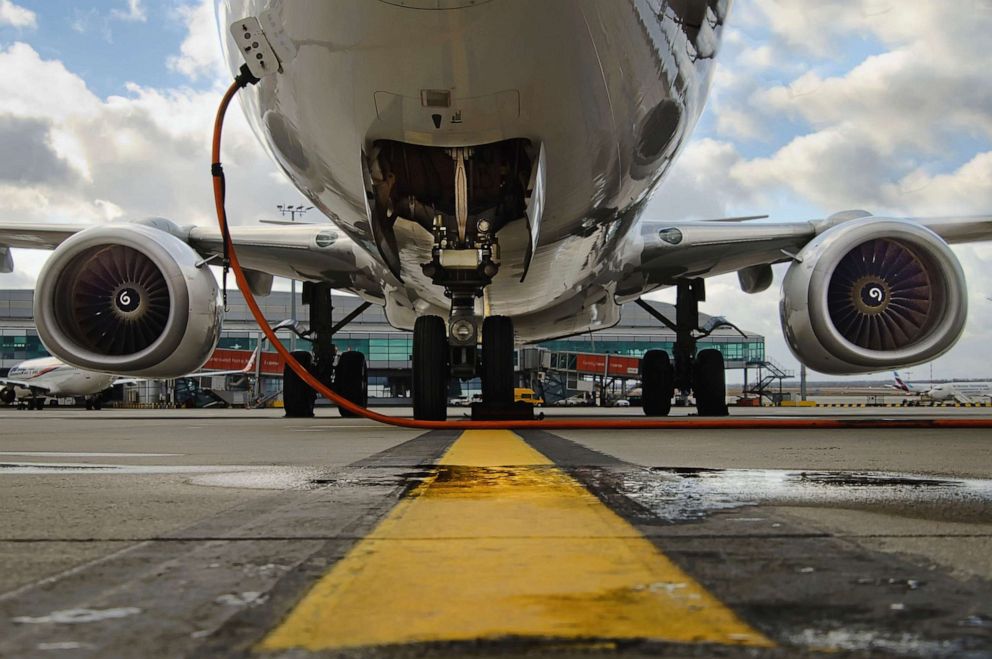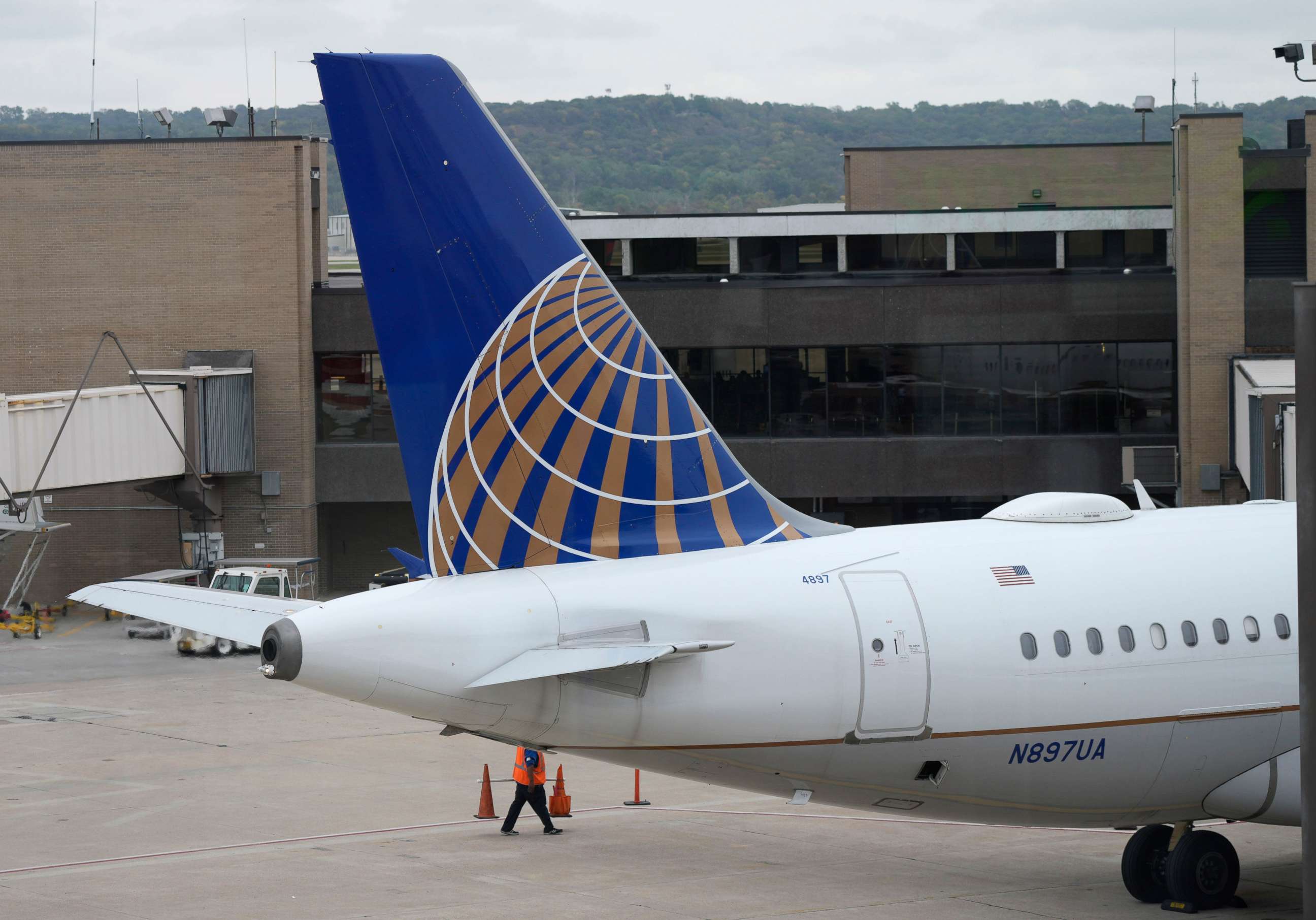Planes fueled by trash could be the future of green aviation
Airlines have asked Congress for a tax credit for cleaner fuels.
Could a flight you take in the next decade be powered by trash and sugar? Some aviation industry leaders hope so, and they are asking lawmakers to help make flying better for the Earth.
Sustainable aviation fuels, or SAFs, are biofuels that can be made from many different products, including municipal waste like trash, corn or sugar. They could be a game-changer in reducing the high emissions currently caused by air travel.
But sustainable fuels are also more expensive than traditional jet fuels. Experts said that tax credits and other government incentives might be the only thing to get producers to move toward sustainable fuels.
Many members of the airline industry, including major airlines like American Airlines, Delta Air Lines and United Airlines, sent a letter to congressional leaders Friday asking for a tax credit to incentivize the production and use of SAF. In the letter, they asked Congress to provide a tax credit of $1.50 to $2.00 per gallon of SAF.
"It is imperative that we act today to ensure that our energy sources are cleaner, more sustainable, and more secure," industry partners said in the letter. "Our organizations stand ready to work with Congress to ensure we meet our shared goal of a net zero aviation industry by 2050."

Dana Hatch, the research manager at Virent Energy Systems which produces biofuels, showed ABC News' Gio Benitez the process of turning sugar water into fuel at the company's plant in Madison, Wisconsin, last year.
"[It] smells like gas, looks like gas, burns like gas. You can put it in your car," Hatch said. "You can put it in a jet plane."
Virent made jet fuel from sugar that has powered United Airlines jets, but there are many other things that can be used to make jet fuels.
"When you think about taking a renewable source like corn, beets, switch grass and taking the carbon and that material and converting it into something that we use on a daily basis -- gasoline, jet fuel," Hatch said. "And if we can get that carbon from a renewable source, [it] is one more step into a better future."
Lauren Riley, United Airlines' chief sustainability officer, said the company is committed to a more sustainable future. United Airlines had its first fully SAF-powered flight in 2021, which Riley said shows "the future of flying can actually be carbon-free."
Although this technology exists, the amount of SAF used by airlines is tiny compared to the gallons of traditional jet fuel used by airlines. Riley said that United used around 1 million gallons of SAF last year compared to the approximately 4 billion gallons of traditional jet fuel. The reason that sustainable fuels are not used more widely, experts said, is because of supply and cost.
"Right now it's a market of not enough sellers and too many buyers, so there's just not enough of it," said Jeff Barber, a global news editor at the Oil Price Information Service.
Barber said SAF prices can be three to five times more expensive than traditional fuels.

The White House announced a commitment to producing more SAFs in September 2021. The Biden administration vowed to produce 30 billion gallons of SAFs, which it said would reduce aviation emissions by 20% by 2030.
Even though sustainably fueled flights are not yet accessible to most passengers, Riley said there are ways for passengers to reduce their environmental impact while flying. One easy way is to fly direct to your destination, which can save fuel expenditures. But overall, Riley said much of the solution lies with talking to lawmakers.
"Importantly, you need to demand to fly sustainably," Riley said. "There are opportunities on United's website, for example, to write to your member of Congress and elected officials to say that it's time we fly in a more sustainable manner and that you as a constituent care."
ABC News' Gio Benitez and Sam Sweeney contributed to this report.




